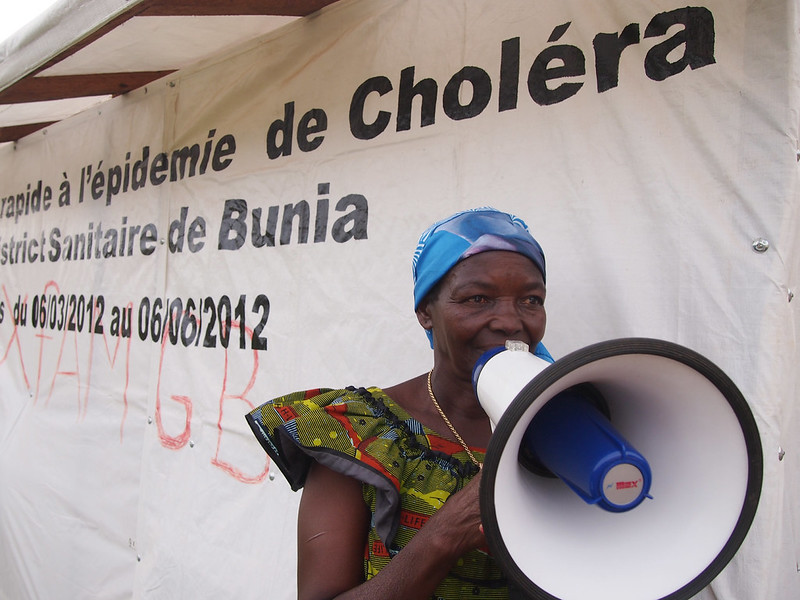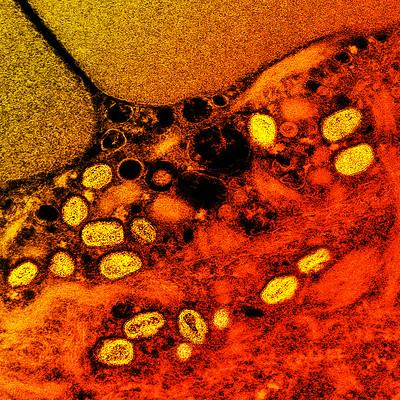
An intensifying cholera outbreak in the Democratic Republic of the Congo (DRC) is raising alarms, Medecins sans Frontieres (MSF) warned this week.
According to the DRC Ministry of Health, more than 58,000 cholera cases have been reported over the past 9 months, with 1,700 deaths. Twenty of the country's 26 provinces have been affected.
Twenty-three countries in Africa have battled outbreaks of the highly contagious bacterial infection this year, reporting more than 172,000 cases since January 1, according to the most recent disease outbreak update from the World Health Organization (WHO). DRC, Sudan, and South Sudan have been the hardest hit, accounting for 75% of the region's cases and deaths, officials with the Africa Centres for Disease Control and Prevention said last month.
Floods, conflicts, displacement fueling outbreak
MSF officials say the outbreak in the DRC has been fueled by floods, conflicts, and displacements, as well inadequate sanitation and water supply systems, while the response has been hampered by insufficient funding from the government, limited presence of humanitarian organizations, and a lack of medical supplies and vaccines. They also warn that the outbreak is likely to get worse as the rainy season approaches.
"The rapid spread of the epidemic across the country this year is of particular concern to us, especially during the rainy season," Jean-Gilbert Ndong, MSF physician and medical coordinator in DRC, said in an MSF press release. "We fear further outbreaks if urgent measures aren't taken."
Cholera spreads through water and food contaminated by the Vibrio cholerae bacterium, causing severe diarrhea and dehydration. The disease is easily treatable with antibiotics, oral rehydration solution, and intravenous fluids, but it can quickly become life-threatening if it goes untreated.











